
Preface
At the start of 2022, I read a tweet that encouraged me to break a personal rule – with so much excellent writing in the world, I NEVER re-read a book. This tweet suggested reading the books you love the most every year; a book will continue to evolve and grow through the ages. Sure enough, the second time around, there were new learnings or insights that I missed upon the initial read. More importantly, as your literary canon grows, you find that books build upon one another, helping to further teach and think in new, more profound ways.
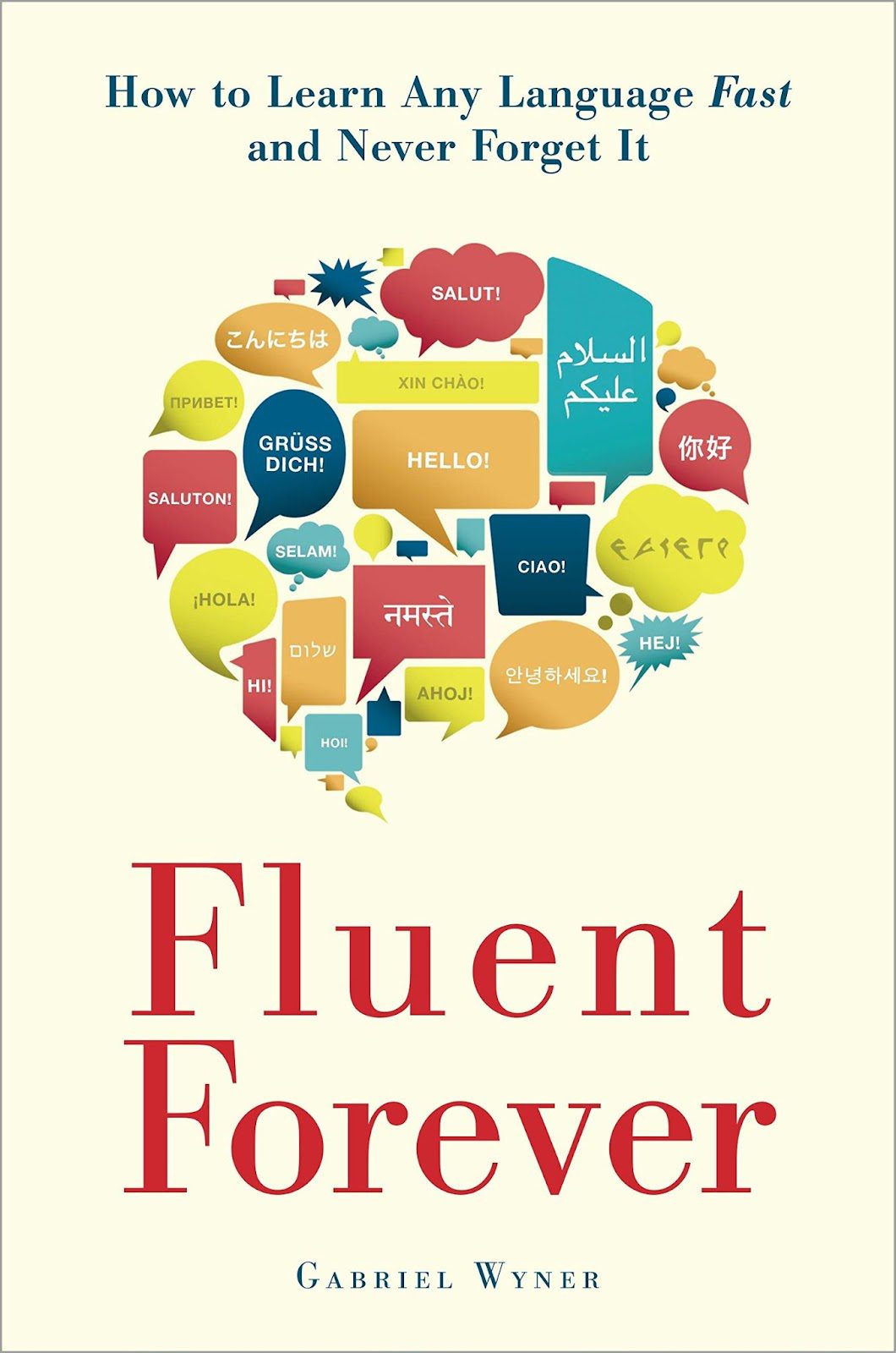
Fluent Forever
One of my Covid hobbies was to begin learning Italian. A polyglot friend bought me this book, but I remained skeptical (or uninformed), and it took until late 2022 to give it a shot. It is an awesome book that dives into real and helpful methods for learning a foreign language. And, much of the wisdom isn’t what our High School teachers drilled into us. First, author Gabriel Wyner builds a foundation upon Spaced Repetition Systems, which I will write about in the coming weeks. The quick summary is a framework to improve memorization by practicing the new information at specific intervals and points in time based on how you recall that information to further cement it into your brain. And it is AWESOME.
Second, Wyner is a huge advocate for learning the native sounds of the new language to prepare for more immediate listening comprehension and communication ability. This has always plagued me; writing and reading a foreign language has rarely been my downfall. But put me in a cafe and watch me try to order lunch, and it turns into a comedic sitcom.
The third takeaway is to personalize the learning. When building my flashcards in an SRS learning app, I would write sentences and use photos of real friends or situations that could help me recall and associate words with actual meanings. Fluent Forever’s goal is not to help the reader to translate, but rather these lessons combined encourage the learners to operate in their new language naturally. So far, I am LOVING the process.
Can be found on Kindle here.
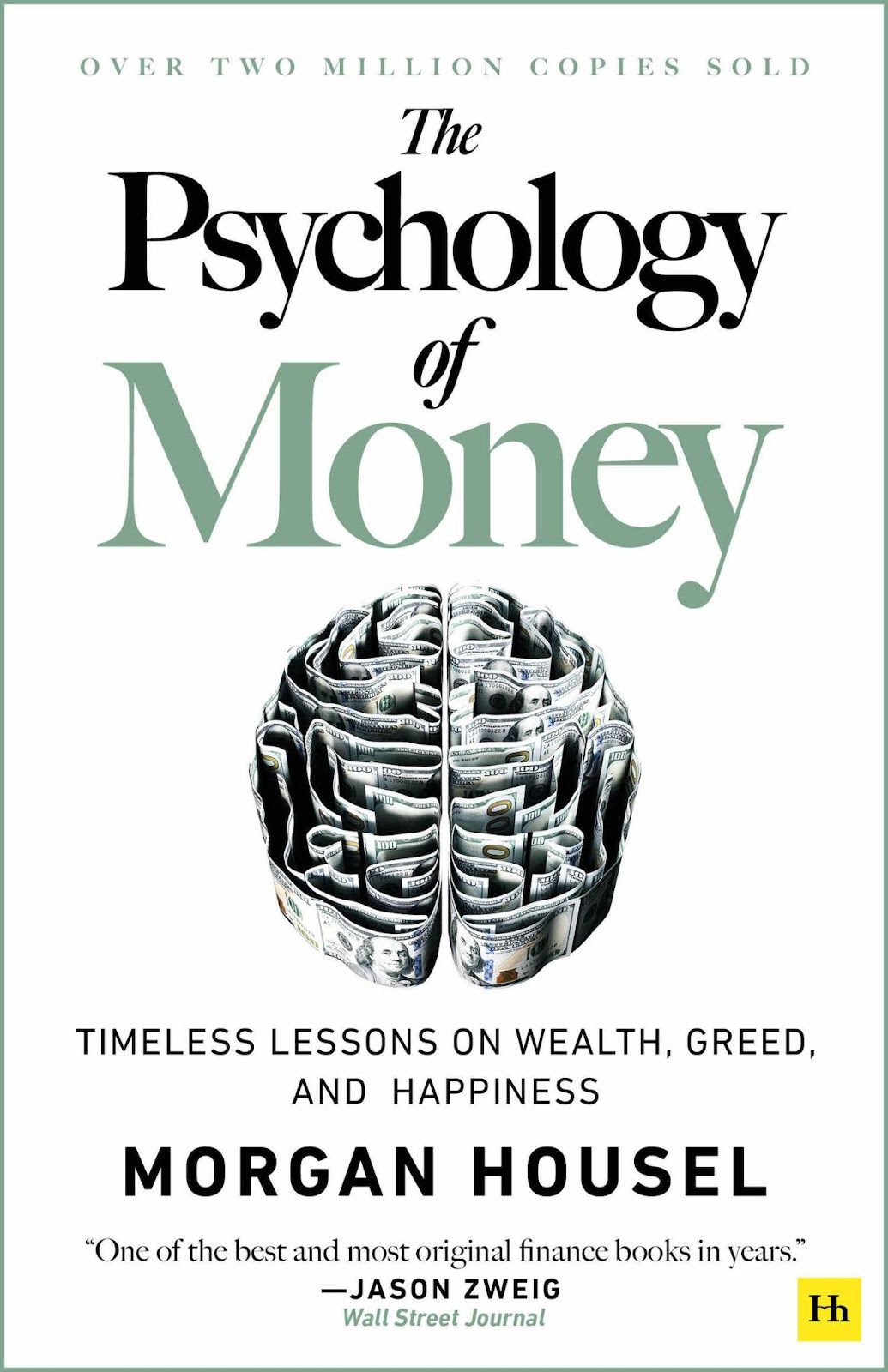
The Psychology of Money
Like so many over the last couple of years, I was eager to learn more about crypto — this new form of technology and potential currency. And, there was no better learning year than 2022, as the crypto market tanked. Reading The Psychology of Money amidst this collapse proved prescient and incredibly interesting. For me, the book was much more a study of collective psychology than it was a study of economics. If you enjoy sociology and pop psychology reads, and if you love business literature, don’t miss this one.
Can be found on Kindle here.
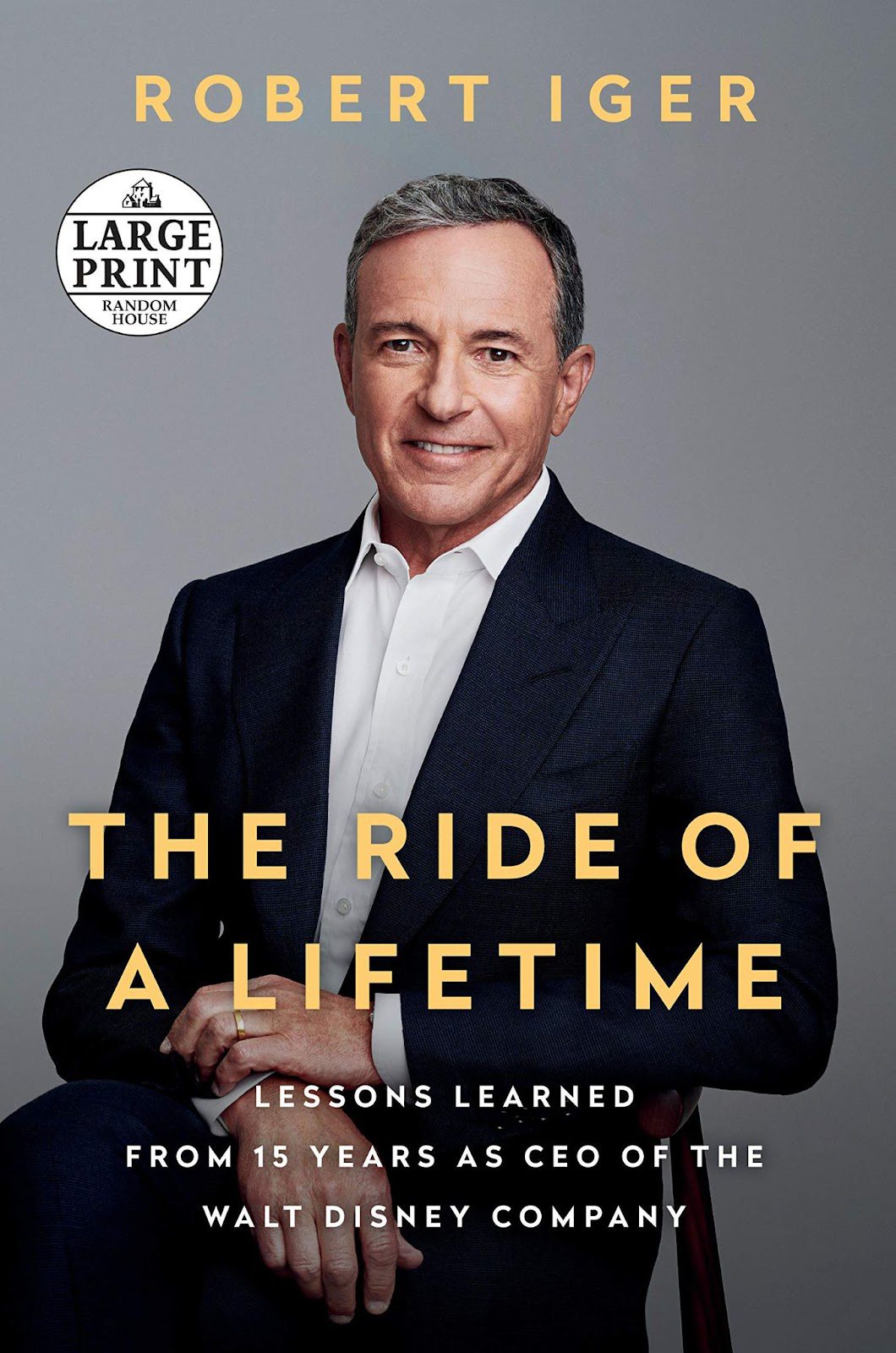
The Ride of a Lifetime – The Bob Iger Memoire
This year, Disney CEO Bob Chapek resigned suddenly and there was only one easy answer to lead Disney as the company reassessed the present and planned its future – former CEO Bob Iger. Iger wrote his memoir in 2019 and had been on my list since then, but this was an excellent opportunity to finally cross it off the list. Iger is a great storyteller whose career has been fascinating. The twists and turns of his life, like a good theme park ride, provide ample fodder for the reader. And the business lessons and frameworks he espouses are great for anyone in business.
Can be found on Kindle here.
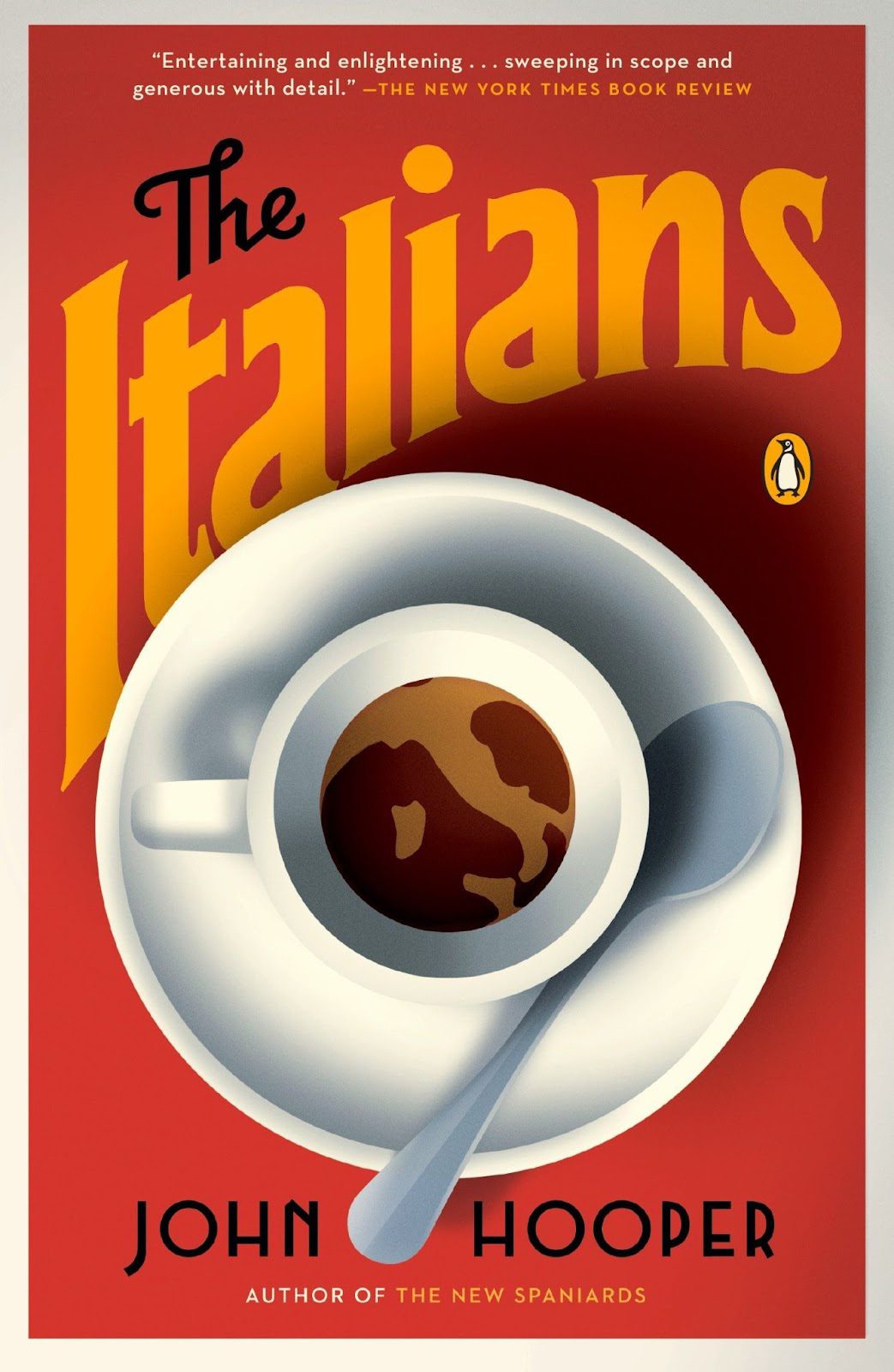
The Italians
It can’t be all business and finance books, right? In 2022, as a growing Italophile, I planned to spend about a month in the country. On the way and throughout my time there, I read “The Italians.” Author John Hooper has a wonderful voice as a travel writer. But, more importantly, he is a wonderful historian and pop sociologist / cultural anthropologist. Each chapter dives into the country and some aspects of the Italian psyche. From family life to freemasons, politics to pasta, the Medicis to the Mafia, Hooper beautifully weaves together the past and present people of one of my favorite countries. If you love vino Italiano, you’ll appreciate this book.
Can be found on Kindle here.
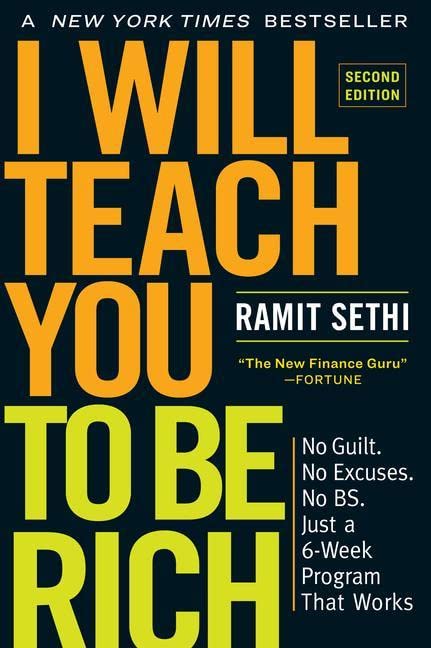
I Will Teach You to Be Rich
Author Ramit Sethi is treated like a deity in certain online communities. I had seen his tweets and heard his name a few times on a few podcasts before I finally grabbed the book. Since reading it, I have bought it for countless friends and family members. There is nothing particularly revolutionary about the book, but the way Sethi addresses how we can think about money more healthfully resonated. I wish I had read this 20 years ago as I graduated college.
Can be found on Kindle here.
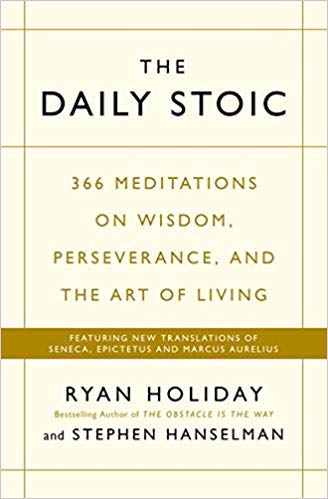
The Daily Stoic
Another cult figure in my podcast stream is Ryan Holliday, author of Daily Stoic and a few other books. I am still processing the book, which is simply 1 page or so of reading every day. Each reading includes a short quote or quip from ancient stoics along with a brief application to today’s world. The simplicity is appealing, and the lessons of the stoics are always fascinating. Even if only 10% truly resonates, take those 36 lessons, and I suspect you’ll live a richer life.
Can be found on Kindle here.
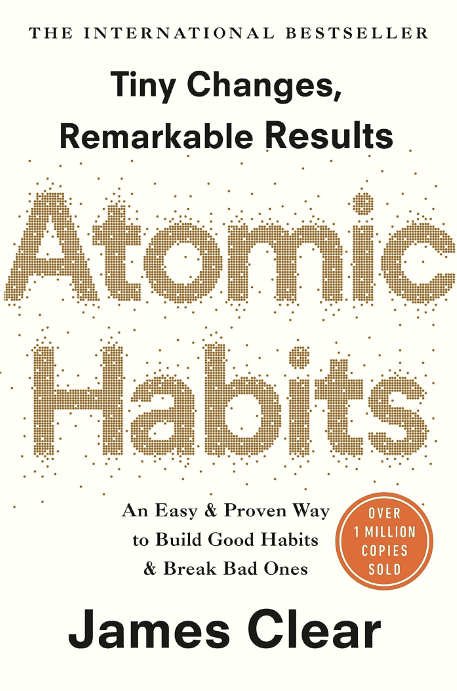
Second Reads
Atomic Habits (a second time)
I first read Clear’s best seller in 2021, and it immediately changed my life. I began thinking about and working towards self-improvement in a new (healthier) way. It has truly helped me to be a better, healthier person. And I’ve since sent copies of the book to quite a few friends. There are a few takeaways that are worth the preview: first, if you can make small 1% improvements every day, those improvements ultimately compound into massive positive results; second, we have to find ways to make new habits easier and enjoyable if we want them to take root and grow. Similarly, making bad habits harder and less enjoyable increases the potential to break free of those vices. Ultimately, Clear’s book and the framework it includes through the chapters is a great understandable, and actionable path towards a better life!
Can be found on Kindle here.
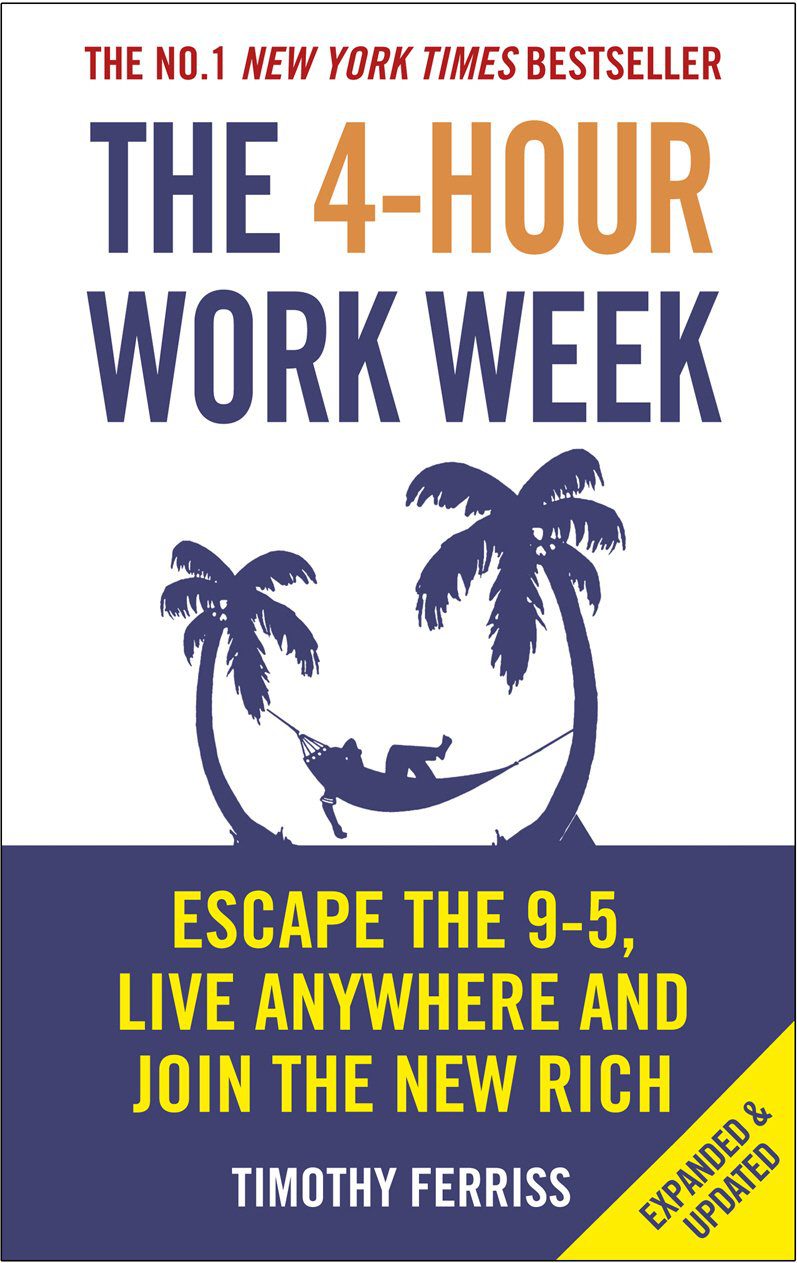
Four Hour Work Week (a second time)
This is another example of a book that I wish I had read when it was first published and a book that I often suggest or buy for mentees. I stubbornly refused to engage early on with the book because I felt the title was hyperbolic and ridiculous (which it is). But by judging a book by its cover I missed out on great lessons and ways of thinking about life and work that I now truly regret. Ferriss’ framework for both living a more fulfilling life and working role in that are both fairly novel and challenging. If you have always been a skeptic, I’d say give it a quick read and see what you can get out of it. Spoiler Alert: there are no hacks for rapid wealth generation in only 4 hours a week. But it’s a successful clickbait worth the title.
Can be found on Kindle here.





